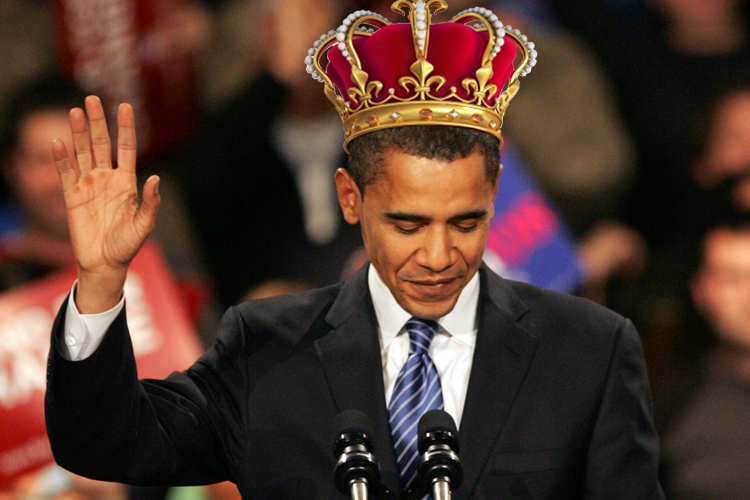We fought an American Revolution so that a king would no longer rule us. For two centuries presidents and members of Congress served because “we the people” elected them to office. Charles Cooke believes that the last few presidents have begun to act like kings.
He laments that: “we seem to believe that we are the children of legislatures, not of kings.” But there is nothing to guarantee that will continue in the future. The freedom we enjoy today may not be available to our children and grandchildren.
He reminds us that the president is “openly promising to finish off his second term with a flurry of extra-constitutional activity. By the power invested in his pen and phone.” We have already seen this in the administration’s environmental regulations and immigration decisions. We are now hearing about regulations that would increase gun control and attempts to close the prison at Guantanamo Bay.
These are just the most recent attempts by a president to act more like a king. Professor Philip Hamburger in his book on administrative law contends that the president and the administrative branch are engaging in legislative actions that are supposed to be the prerogative of Congress.
The founders intended there be three branches of government: executive, legislative, and judicial. Many are now calling the huge federal bureaucracy the fourth branch of government. Millions of unelected government employees are making administrative and legislative decisions.
As I have explained in more detail in previous commentaries, Congress each year passes about 100 bills. During that same period the executive branch issues more than 3,000 rules and regulations. Add to that the various executive orders issued by the president. It is easy to see that the president (with the executive branch) is acting more like a king. Voters this year need to decide if they want this to continue or return back to the constitutional foundation provided by the framers.
 Listen Online
Listen Online Watch Online
Watch Online Find a Station in Your Area
Find a Station in Your Area









 Listen Now
Listen Now Watch Online
Watch Online
